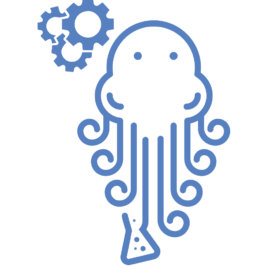Supervisors: Christoforos Rekatsinas, Vassilis Gkatsis
Description:
Modern Machine Learning (ML) algorithms require large amounts of training data in order to be efficient, so they struggle when applied in areas characterized by data scarcity. Training data may be limited due to the cost of creation, collection or annotation. In applied natural sciences for example acquiring new data may require performing complex experiments or simulations which can be very time consuming and even very costly. The field of Informed Machine Learning has been developed in order to cope with such situations. It consists of ML models which incorporate some part of problem related knowledge, which can vary from laws of nature, to experts’ intuition. It has been found that embedding such knowledge in the ML pipeline results in better performing models, trained with less data, and more explainable than traditional ones. An ML model is considered explainable when the reasoning that led to the final decision can be completely or partially understood by humans. Informed ML explainability can be described as leaving the black box approaches (data-dependent) for more transparent versions (knowledge embedded). But is this explainability really useful? The task of this thesis is to study different methods of informed machine learning, study modern approaches on explainability evaluation and create relevant metrics in order to assess the explainability efficiency of different informed ML models as well as in contrast to traditional ones.
Qualifications required: Python programming, Machine Learning and Deep Learning algorithms.
References:
crek [at] iit [dot] demokritos [dot] gr

